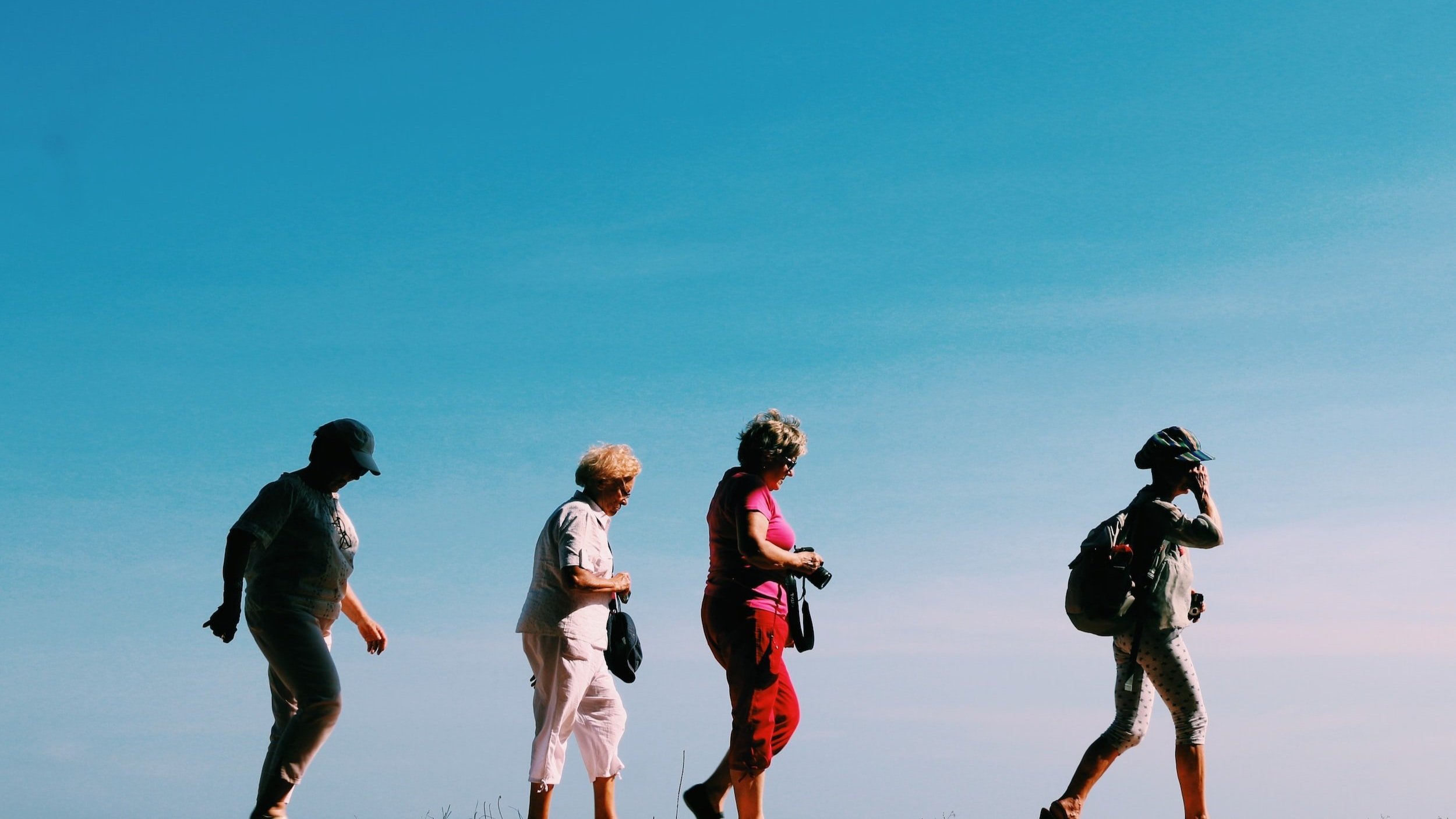
ONE LIFE BLOG
Psychedelics as a treament for depression
Last month, I released one of the most interesting discussions on the Sense of Hope Podcast. Dr Rachael Sumner, a researcher from the University of Auckland, and I discussed the use of psychedelic treatment for mental health disorders.
It’s an odd conundrum - when I first heard about psychedelics for mental health issues - I was not at all convinced. Are we simply going to have a whole lot of people walking around high? With their head in the clouds getting nothing done? Is it a form of escapism?
Then, as a strange twist in how the universe works - I ended up working as a research nurse at the University of Auckland in the same lab where the psychedelic research was being conducted. I helped with a few of the studies.
Unlocking the Power of Nutrition: Enhancing Mental Health for Health Professionals
As a nurse or other health professional - it’s important to keep up to date with the latest research. Online learning can offer a way to improve knowledge and gain professional development hours (PDRP) and is something you can do at your place and your own pace.
The Nutrition and Mental Health for Health Professionals is a course designed for those working in the mental health field
We are all broken
I was talking to a friend recently. We were discussing where we both were in life. With my wonderful ‘depression’ snapping at my heals and the revolution of what seems like 100’s past wounds come to inflict my soul, he reflected how, two marriages down, he felt as if he was living life leaving a(n) (unintentional) trail of destruction behind him.
Which reminded me of the saying; “we are all a little broken”.
And that we are also doing the best that we can. And then the discussion of; would we do things any different? Can we do anything now that might change the outcome?
We are such unperfect beings. We make decisions, take chances, make choices. Some of which work out for the best. Some leave us wondering how on earth we got to where we got and scrambling to try and put things together again, to plaster the cracks, to put salve on the wounds.
Top Ten Supplements for Mental Health
While our first approach to our mental health should come from lifestyle adjustments - focusing on our food, sleep and movement - we may also need extra support.
We may not want to take medication because we don’t feel our symptoms are bad enough, we’ve tried medication in the past and didn’t find it helpful or we simply want short-term support to help us get on top of things.
How to exercise for mental well-being
Find it a struggle to exercise? I have good news!
I recently listened to a book called “No Sweat” by Michelle Segar.
Another coach had recommended it.
I had a belief for a very long time about exercise -.we’re often made to believe that exercise has to be:
Hard
Uncomfortable
Sweat inducing
Something you ‘do’
But actually, unless you are training or want to achieve a specific goal, exercise didn’t need to be uncomfortable, difficult or even ‘exercise’. In fact, it’s everyday movement that is important when it comes to physical and mental health.
How the Gut and Mental Health are Related
What is the relationship between gut health and mental health?
How do we understand IBS?
How does the microbiome impact mental health?
IBS can be triggered by many different things, including poor digestion, dietary triggers or food sensitivities, lack of digestive enzymes, hypochlorhydria (low stomach acid), gut dysbiosis (an abnormal balance of bacteria, viruses or fungi in the gut), thyroid issues, stress, parasites…
Therefore the diagnosis of ‘IBS’ or undiagnosed gut issue require further investigation.
We've got to go through it
Do you remember the children’s storybook ‘We’re going on a Bear Hunt’? It is a 1989 children's picture book written by Michael Rosen and illustrated by Helen Oxenbury.
It’s a story about a family who goes ‘searching for bears’. And along the way, they stumble across a number of obstacles.
Mental Health in Menopause
Although some women sail through menopause - for others it is a tough time which causes significant physical health issues and significant mental distress.
For those of you with primarily female hormones (oestrogen and progesterone) - unless you have experienced early menopause, these hormones begin to decline in your 40s. How much they decline and how this impacts you can depend on a number of things. Testosterone also declines as we age, however, unlike oestrogen and progesterone, post-menopause testosterone levels actually increase - and can revert back to levels that we experienced in our earlier years.
Oestrogen and progesterone don’t only affect our periods and sexual health - these hormones also impact our immune function, inflammatory response, cardiovascular health and our brain function - the decrease of these hormones can have a significant impact on our overall health and well-being.
Before we continue - to help you understand a bit of terminology.
Three things you can do to relax right now
We’re generally stressed.
We have a lot going on. Children, jobs, relationships - a swirling to do list.
We’ve had chronic stress (thanks Covid). We have monthly stress (thanks menstrual cycle). We have hormone stress (menopause, puberty).
And we often walk around with a body full of tension.
So; here are three things to do to relax right now:








